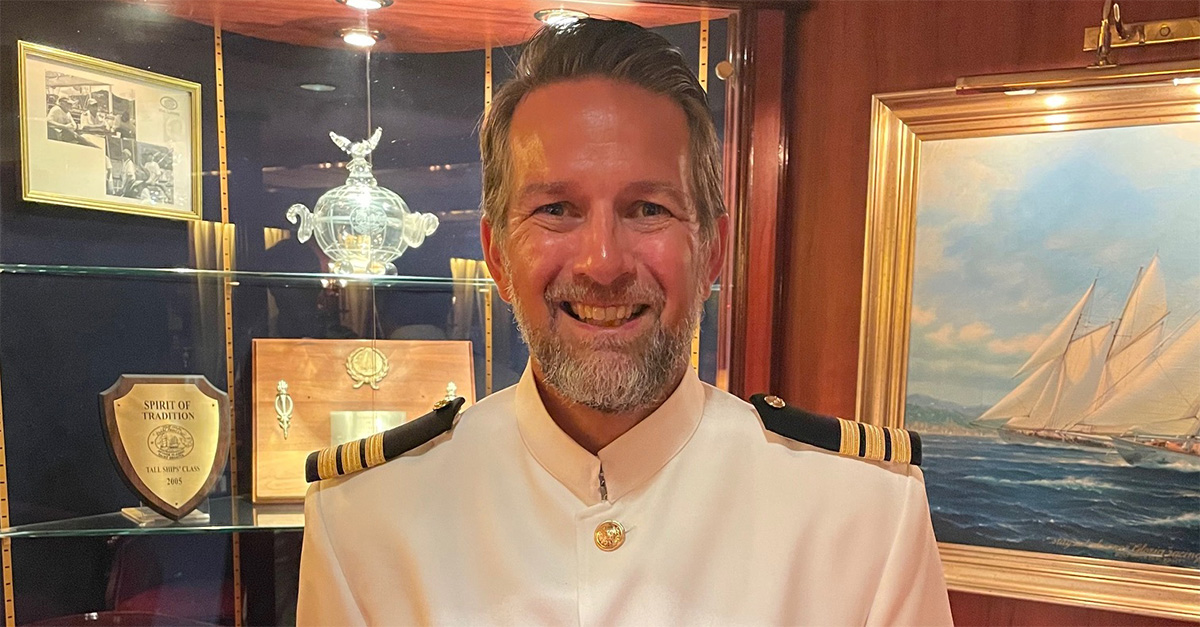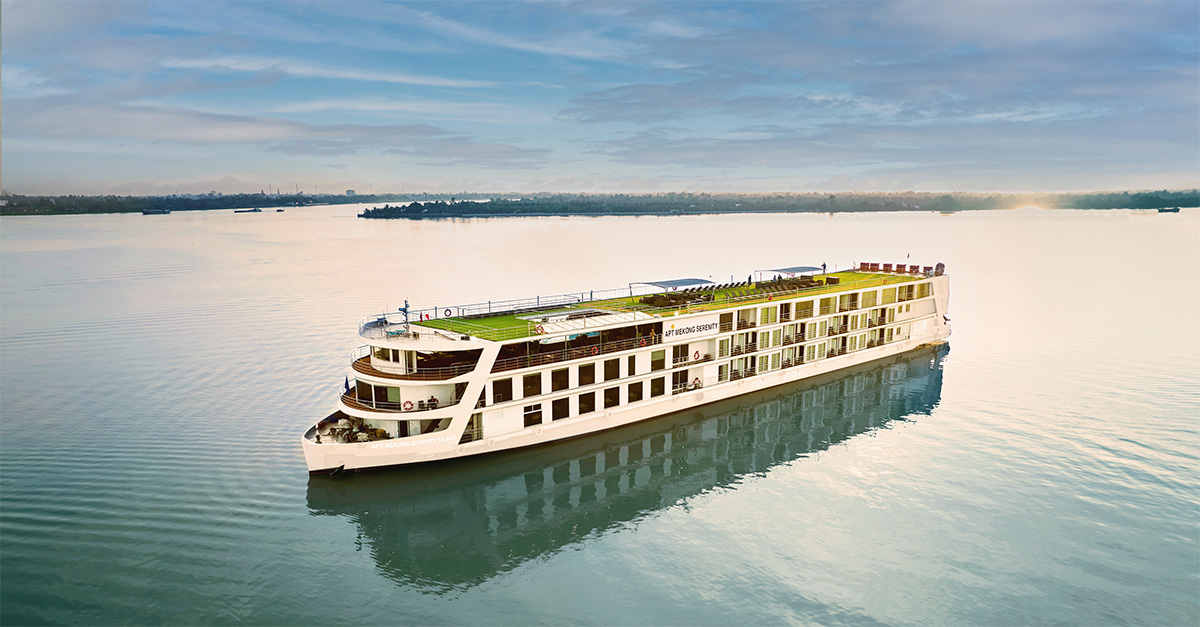Despite cruiselines’ best efforts, it seems holidaymakers still believe that a cruise is for the over-55s. Juliet Dennis reports on the results of a TNS Omnibus consumer survey
Cruiselines still have a long way to go to change perceptions and broaden their appeal to a wider spectrum of the UK population, according to a consumer survey.
The TNS Omnibus survey, exclusive to Travel Weekly, questioned 2,058 respondents on their cruise holiday habits in face-to-face interviews in their homes from March 28 to April 1.
The results showed that despite cruise companies’ best efforts, consumers still believe cruises are for empty-nesters over 55.
Consumers were asked to pick out the average ages of cruise holidaymakers. Of those questioned, 86% thought cruises were for the over-55 age group without children, while 27% thought cruises were for young couples without children.
Meanwhile, 27% thought cruises were for single people of all ages and 20% thought they were for families with younger children.
When respondents were asked if they had been on a cruise, the results largely matched perceptions – almost one in four of those aged over 55 had been on a cruise, compared to just one in 10 aged under 55. People who had been on a cruise were more likely to say that cruise ships were for all ages.
The survey also suggested 15% of the UK population had been on a cruise at some time, with 1.5 million people having been on two or more cruises in the past five years.
TNS head of travel and tourism in the UK Tom Costley said: “The survey suggests empty-nesters are more likely to dominate cruises. The wider perception is that cruise ships are full of older people and that may be a turnoff.”
While the older market is arguably the best for cruiselines to tap into now, Costley said there is a view cruiselines ought to focus more on the younger market, particularly if they are to meet predictions of two million UK cruise passengers by 2012.
“Can we afford to ignore the younger people, and by that I mean people under 50, because if we don’t get them thinking about cruises now will we be able to convert them later?”
He added: “It will be interesting to see the impact of developments such as easyCruise on the overall image and perceptions of cruises in the longer term. Is it leading the trend [for attracting younger cruisers]?”
But he warned cruiselines had a serious challenge to overcome perceptions about the sector: “They have a major communication challenge still to overcome.”
 Cruiseline Ocean Village already specifically targets the younger age group – its average age is 44.
Cruiseline Ocean Village already specifically targets the younger age group – its average age is 44.
Head of marketing Gill Haynes said the most effective way to change perceptions was to get more people to experience the ship. “People go on a cruise and realise Ocean Village is different. We have worked really hard at deconstructing the myth that cruises are not suitable for younger people and families.”
The key to communicating with the younger market is having a consistent message and delivering on it, as well as getting agents to promote the right ‘value’ cruises, she added.
“If agents keep talking to people about the value of the holiday and the differences, rather than promoting it as just a cruise, that will help get past pre-conceptions. It’s about getting the right deal into the right people’s hands.”
But some cruiselines do not necessarily see the need to tap into the younger market, particularly when other brands are already focusing on it.
Princess Cruises head of brand marketing Pieter van der Schee said: “Our average age is 54 and we are happy with that.”
He added that growth in the past decade had been in the traditional cruise sector, with word of mouth generating that growth. “People hear from others how wonderful their cruise was and that all helps eradicate misconceptions.”
At the sharp end of customer enquiries, retailers report a mixed bag of age groups wanting to go on cruises, but are quick to point out the retired market remains key because of money and time.
Peter Beadle, managing director of Colchester-based Reader Offers, sells mainly four and five-star cruise product. He said: “Inevitably, you will fill cruise ships with retired people because they have got the time and the money; they are bound to be the backbone of the cruise industry for the forseeable future.
“Families tend to go on cruises in the school holidays so you can only sell them a maximum of 10 weeks of the year; you have still got to sell the other 42 weeks to fill cruise ships.
“Most families do not have big disposable incomes. In terms of UK demographics, the older population is increasing and the younger population is reducing.”
Meanwhile, GoCruise home-based travel consultant Tracey Holt is already witnessing strong demand for cruises. “I take calls from people as young as 22, and a lot are in their 40s. I get a mixed bag of ages and get calls from young families and single parents,” she said.
Cruiselines already cater adequately for the younger market, she added. “I don’t think cruiselines can do much more for families, although sometimes my customers say they want better entertainment.”
- Are people’s perceptions of cruise changing? E-mail travel.weekly@rbi.co.uk
- Find more cruise content at travelweekly.co.uk/cruise




